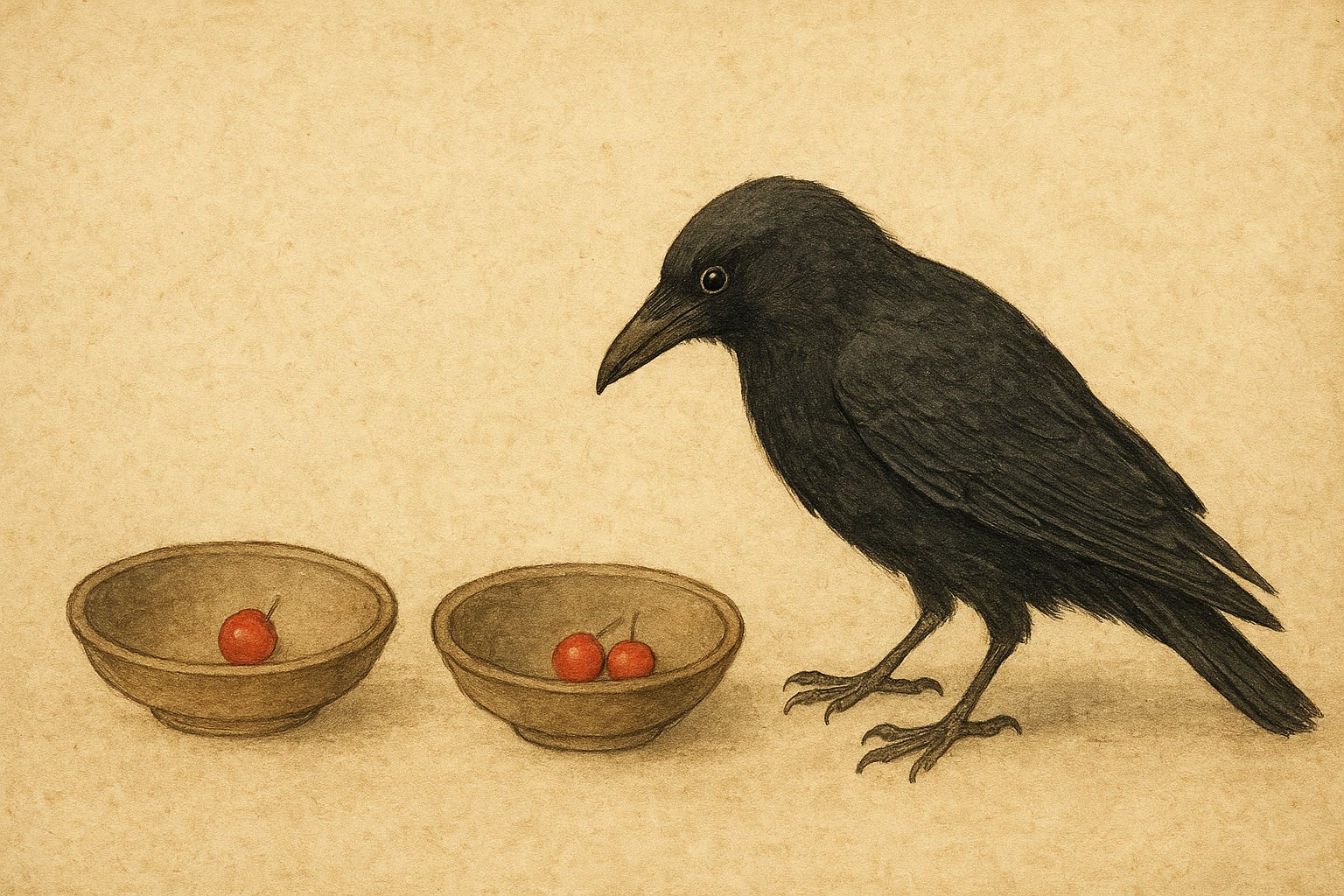A Thanksgiving Memory
A couple of days before Thanksgiving when I was 11 years old, the house my family lived in was gutted by a fire. We had been stripping the white paint off the 150-year-old oak woodwork as a restoration project. It was snowing and windy out, so the workers had closed the windows. A spark from plugging in a work lamp lit the turpentine fumes, and a fireball tore through the house. Firefighters arrived in minutes and saved most of the load-bearing structure. But everything inside was melted, charred, soaked, ruined. It was a year before we could live in it again, and a few more years before you couldn't tell there had been a fire there. To this day, I remember this on Thanksgiving -- because of what happened next. Before that day was out, neighbors had offered all of us places to sleep. The owner of a small independent department store downtown must have heard about the fire on the local evening news. He unlocked the doors of his closed store after hours and told us to go in and take whatever we needed. I remember being awed because it was a fancy store we never would have shopped in, and he didn't even know us. Then so many friends showed up, weekend after weekend for months, to help us haul the charred stuff out of the house into a dumpster in the front yard and start rebuilding. Once, a neighbor must have realized we'd all been at this for hours without eating, and made us lunch. It's strange what kids remember, but I was especially moved that they weren't even worried about us getting their house dirty. They had an extremely elegant house with a snow-white carpet, but they laid newspaper down on the rug and invited the whole lot of us, black as coal miners from head to toe, to come in and have homemade soup and bread. There are more stories that I won't tell here. Most of the time I lament how horrible humans can be to each other. I'm glad to be reminded every year that humans can also be amazingly generous and kind. When I had kids, I started a tradition of b

I think we are agreeing: there may be a small set of core values shared by a large fraction of humans, so there's hope most people will buy into AI aligning on at least those. And most of those are probably also in fact good values, or at least if AI were aligned to those values, that would go a long way to decreasing X-risk. All I am saying is, these are nevertheless specific values, which exclude and reject other possible value systems. But it's taboo to say one set of values is right and another is wrong, so people dance around it.
This is mostly tangential to the alignment conversation; I'm not... (read more)